Faced with the need for innovation and sustainable development of the agricultural sector, science and technology increasingly play a key role, especially in the Mekong Delta region - which is strongly affected by climate change and environmental pollution. As the leading training and research center of the region, the University of Agriculture - Can Tho University is not only a cradle for nurturing high-quality human resources but also an important bridge between scientific research and production practices.

Science and technology help increase productivity, reduce emissions, move towards green agriculture and adapt to climate change. Photo: Van Vu.
From the laboratory to the field, from the lecture hall to the farm, the University's research results, technical innovations and application models are contributing to solving practical challenges, improving productivity, reducing emissions and moving towards green agriculture, adapting to climate change.
Knowledge linked to production practices
Scientific research in the fields of cultivation, technology and mechanization serving agricultural production are two key directions that the School of Agriculture - Can Tho University is focusing on implementing in order to transfer research results to businesses and localities in the Mekong Delta region.
Over the years, the School has cooperated with domestic and foreign organizations and enterprises to develop and test solutions and products for agricultural production. These activities not only help connect teaching and research with practice, but also contribute to bringing scientific knowledge closer to farmers.
After more than half a century of formation and development, the University of Agriculture - Can Tho University has become the leading training and scientific research center of the Mekong Delta region, the origin of many topics and models closely related to fields, gardens, and aquaculture ponds, contributing to the 80-year journey of building and developing the Vietnamese Agriculture and Environment sector.

The College of Agriculture - Can Tho University is a place to nurture high-quality human resources, an important bridge between scientific research and production practice. Photo: Van Vu.
Associate Professor, Dr. Nguyen Thi Kim Khang, Vice Principal of the University of Agriculture, said: In recent years, in addition to research activities, technology transfer is one of the mandatory tasks of the University. In the Mekong Delta, the University of Agriculture is a strong unit in science and technology transfer. In the field of crops, the University has cooperated and transferred with the Department of Science and Technology of Dong Thap and Vinh Long as well as implemented many topics in Can Tho.
According to Ms. Khang, the School has coordinated to implement many practical production models such as growing pink grapefruit, durian, utilizing agricultural by-products as animal feed... In the field of animal husbandry and veterinary medicine, the School has organized training courses, transferred technology to veterinary staff in the provinces, supported disease prevention, selected and created breeds, and guided the application of advanced technology in dairy farming and household farming.
“For the transfer of sustainable development, lecturers must grasp the trends and actual needs of farmers and businesses. When people need technical support or disease prevention, they can contact the School's experts directly. That is a very valuable connection between the School and producers,” Associate Professor, Dr. Nguyen Thi Kim Khang shared.
Soil science - the foundation for green and sustainable agriculture
In the context of increasing climate change and environmental pollution, soil science plays a particularly important role in protecting and restoring natural resources - the foundation of sustainable agricultural production.

Associate Professor, Dr. Nguyen Khoi Nghia, Deputy Head of the Department of Soil Science, is a leading expert in soil research. Photo: Van Vu.
Associate Professor Dr. Nguyen Khoi Nghia, Deputy Head of the Department of Soil Science (School of Agriculture) said: "In recent times, the Department of Soil Science has achieved certain results in research and practical application, from finding suitable crop models to improving soil with biological products, helping rice cultivation, upland crops and fruit trees adapt better to climate change."
The Faculty's research topics are not only limited to the laboratory but have been widely applied in many localities, helping to improve soil health, reduce greenhouse gas emissions, and increase productivity and production efficiency.
“Currently, many of our teachers' projects are focusing on improving soil properties, increasing soil fertility and health in orchards and rice fields, aiming towards green agriculture and adapting to climate change,” said Associate Professor, Dr. Nguyen Khoi Nghia.
Not only a research center, the University of Agriculture is also a place to nurture generations of dynamic and creative students, ready to apply knowledge to production.
Former student Nguyen Huu Thien (class 41) - College of Agriculture shared: “During my studies at Can Tho University, I was equipped with comprehensive knowledge of agriculture by my teachers. I am currently participating in a project to apply new technology in rice cultivation to adapt to climate change in the Mekong Delta such as using organic fertilizers, no-till farming techniques and alternating flood and dry management. These techniques help rice plants grow well, increase productivity and significantly reduce emissions”.
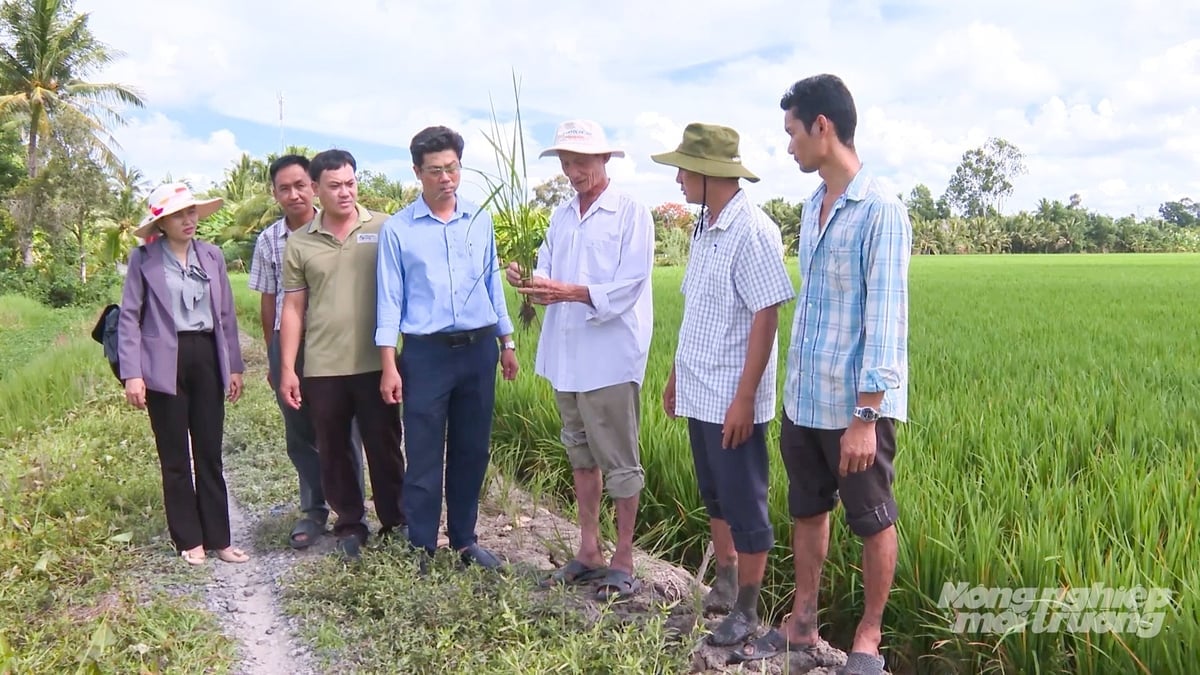
Can Tho University of Agriculture accompanies localities in implementing the Project of 1 million hectares of high-quality, low-emission rice. Photo: Van Vu.
In Can Tho City, where the 1 million hectare high-quality, low-emission rice project is being implemented, many farmers have accessed and applied technical advances transferred by the Agricultural University.
Mr. Nguyen Van Be Tu, a farmer in Vinh Thanh commune, shared: “Previously, people here grew rice in the traditional way, sowing seeds densely and applying a lot of fertilizer, but the efficiency was not high. Now, following the instructions of Can Tho University teachers, reducing seeds, reducing fertilizer, and watering in alternating flood-dry cycles, it not only saves costs but also helps the fields to be healthy, the rice grains are firmer and the yield is higher. Last season, the yield reached more than 7 tons/ha, while the amount of fertilizer and pesticides was reduced by 30%. Most importantly, the field environment is cleaner, and the aquatic products in the fields can survive."
Not only Mr. Tu's household, many cooperatives in the area have boldly applied production processes according to low emission standards, using organic fertilizers, biological pesticides, economical water management, and keeping electronic notebooks. The awareness of farmers and businesses has changed significantly from individual production to value chain linkage, focusing on quality standards, food safety and meeting the requirements of a green, clean, and sustainable market.
Not only training and researching, Can Tho University of Agriculture is also a partner with localities in agricultural development.

Can Tho University of Agriculture accompanies localities in developing green and sustainable agriculture. Photo: Van Vu.
Ms. Nguyen Thanh Thuy, Deputy Head of the Department of Crop Production and Plant Protection of Can Tho City, said: “The University of Agriculture regularly coordinates with localities to implement rice cultivation models that adapt to climate change, convert crop structures in saline areas, or land management models. Previously, the Department of Soil Science coordinated with the old Hau Giang province to build a soil map, helping to make specific recommendations for each land area.”
As a school deeply attached to the delta region, the faculty and scientists of the Agricultural School understand the ecological characteristics, farming history and reality of each sub-region. Therefore, each research project and training model aims at suitability, high applicability and sustainable benefits for farmers.
From Can Tho University, the knowledge and aspirations of many generations continue to spread, connecting the school, scientists, management agencies and farmers, with the common goal of building green agriculture, modern countryside, civilized farmers, contributing to the 80-year development journey of Vietnam's Agriculture and Environment sector.
Source: https://nongnghiepmoitruong.vn/noi-uom-mam-nguon-nhan-luc-chat-luong-cao-cho-nganh-nong-nghiep-dbscl-d783265.html





![[Photo] Prime Minister Pham Minh Chinh chairs a meeting on housing policy and the real estate market.](https://vphoto.vietnam.vn/thumb/1200x675/vietnam/resource/IMAGE/2025/11/11/1762838719858_dsc-2107-jpg.webp)

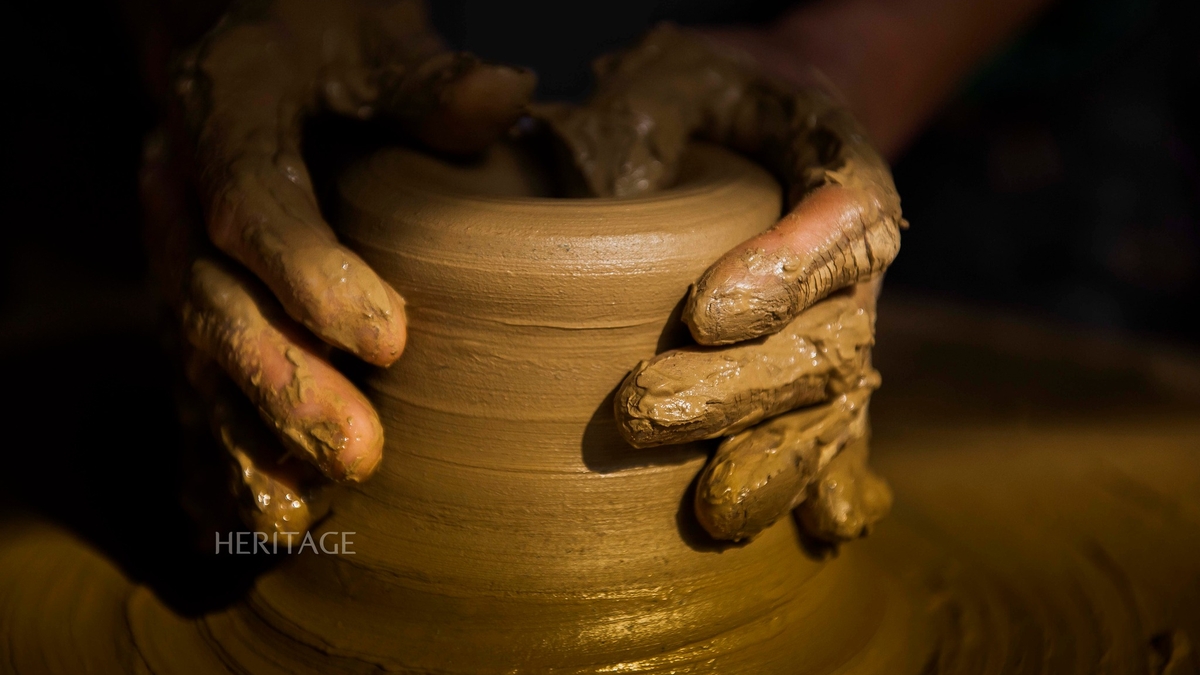


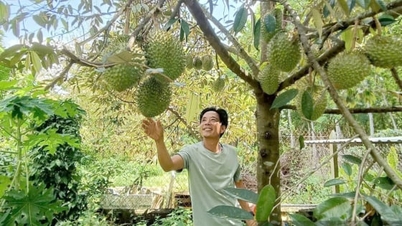
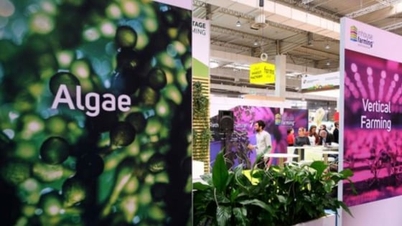



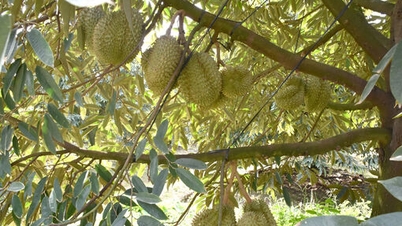

![Dong Nai OCOP transformation: [Article 4] Reaching national standard products](https://vphoto.vietnam.vn/thumb/402x226/vietnam/resource/IMAGE/2025/11/11/1762825820379_4702-cac-san-pham-trai-cay-chung-nhan-ocop-nongnghiep-174649.jpeg)



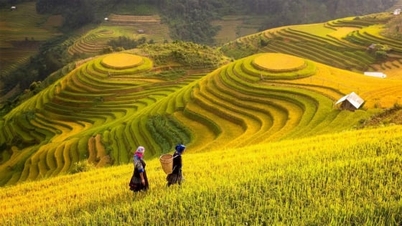





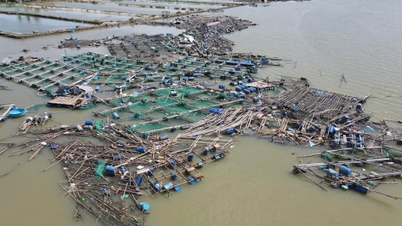
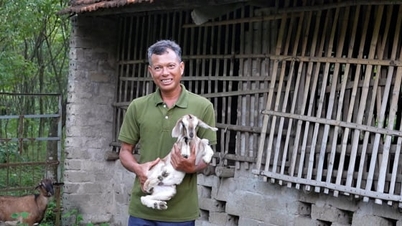
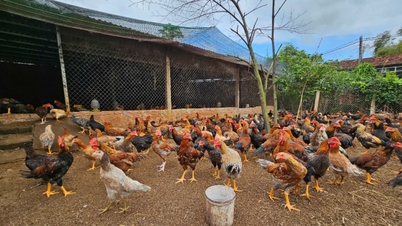

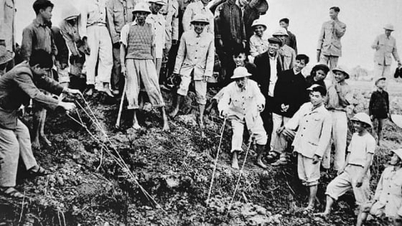





































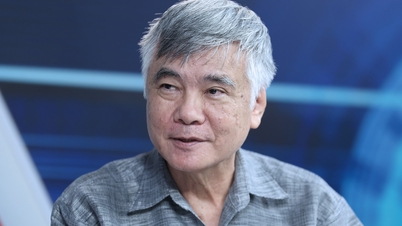

















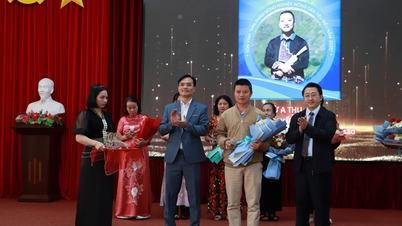









![Dong Nai OCOP transition: [Article 3] Linking tourism with OCOP product consumption](https://vphoto.vietnam.vn/thumb/402x226/vietnam/resource/IMAGE/2025/11/10/1762739199309_1324-2740-7_n-162543_981.jpeg)



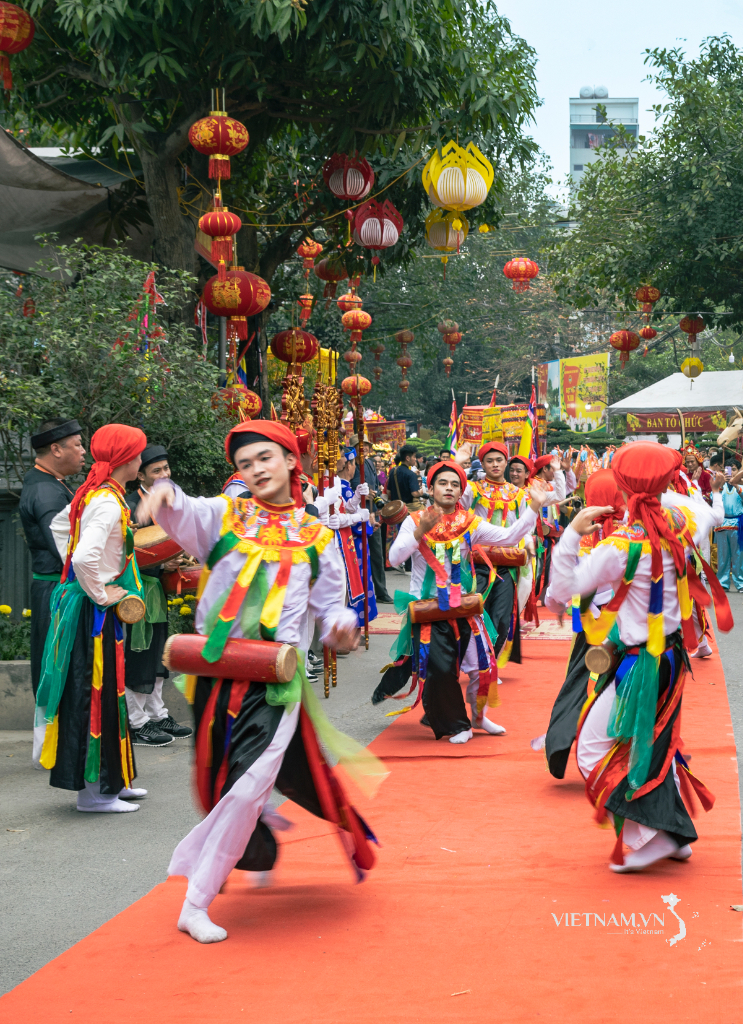


Comment (0)